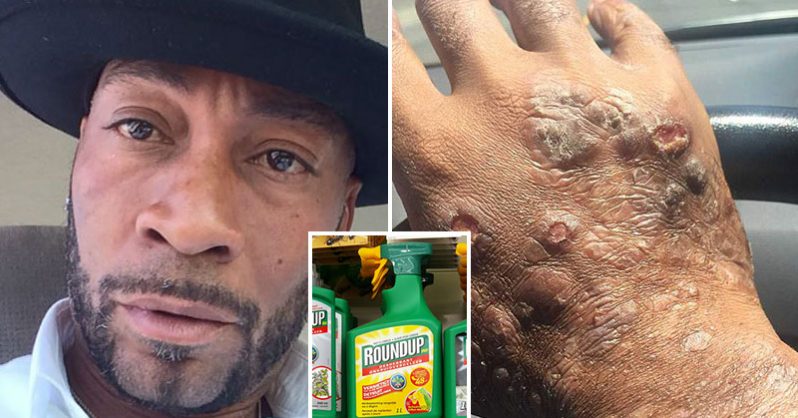Judge
Upholds Landmark Monsanto Verdict, But Slashes Punitive Damages by $211 Million
 A judge in California
on Monday upheld a landmark verdict in a case brought by a
terminal cancer patient who successfully argued his illness resulted from his
exposure to Monsanto's weedkiller RoundUp, but slashed the damages the
agrochemical giant was originally required to pay from $289 million down to
just $78 million and said she would order a retrial if former groundskeeper
Dewayne "Lee" Johnson rejects the payout.
A judge in California
on Monday upheld a landmark verdict in a case brought by a
terminal cancer patient who successfully argued his illness resulted from his
exposure to Monsanto's weedkiller RoundUp, but slashed the damages the
agrochemical giant was originally required to pay from $289 million down to
just $78 million and said she would order a retrial if former groundskeeper
Dewayne "Lee" Johnson rejects the payout.
Jurors had come forward to demand that San Francisco
Superior Court Judge Suzanne Bolanos respect their historic verdict, issued in
August. The judge had been considering a request for a retrial from Monsanto,
but decided (pdf) instead to cut the punitive
damages from $250 to $39 million.
A spokeswoman for
Johnson, a 46-year-old father of three who is battling non-Hodgkin lymphoma,
and his lawyers told NBC News, "Although we
believe a reduction in punitive damages was unwarranted and we are weighing the
options, we are pleased the court did not disturb the verdict." They have
until Dec. 7 to make a decision.
While Monsanto maintains that its herbicides "are
safe when used as directed," the state of California and the International Agency
for Research on Cancer (IARC)—a branch of the World Health Organization
(WHO)—have classified glyphosate, RoundUp's active ingredient, as a probable human carcinogen. Despite that
designation, U.S. and European regulators still allow farmers
to use the world's most common herbicide.
"The evidence
presented to this jury was, quite frankly, overwhelming. And, as we saw in
recent days, this jury was intelligent, diligent, and followed the letter of
the law. We are happy the jury's voice was acknowledged by the Court, even if
slightly muted," Johnson's team added. "We are still reviewing
whether we will accept the proposed remittitur or retry the punitive damages.
That said, today is a triumph for our legal system."
Bayer, meanwhile, said
in a statement that the judge's ruling was
"a step in the right direction, but we continue to believe that the
liability verdict and damage awards are not supported by the evidence at trial
or the law and plan to file an appeal with the California Court of
Appeal."
No matter the ultimate
outcome, Johnson's case was the first to go to trial and opened the door for other cancer patients
seeking to hold Monsanto accountable. In July, even before the initial verdict,
a federal judge ruled that hundreds of similar cases
could proceed to trial. According to U.S. Right to Know, some 8,000 plaintiffs have alleged in state court that the
company's products have made them sick.
"I hope
[Monsanto] gets the message that people in America and across the world are not
ignorant. They have already done their own research," Johnson told
the Guardianlate
last month. "I'm hoping that it snowballs and people really get the
picture and they start to make decisions about what they eat, what they spray
in their farms."